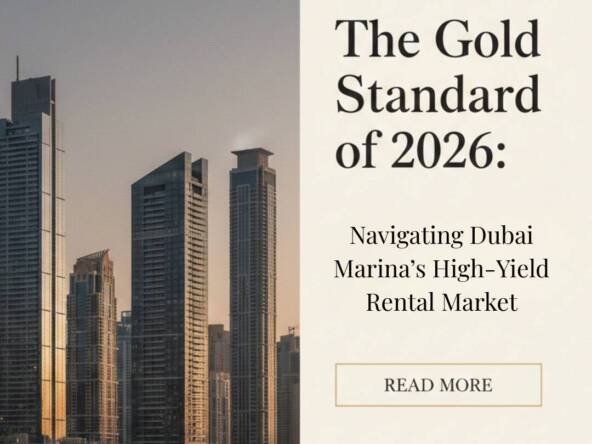For many international buyers, investing in Dubai real estate is about far more than simply owning a property. It represents long-term value, lifestyle upgrades, and the opportunity to be part of one of the world’s most exciting and future-focused cities.
Dubai continues to rank among the most attractive global property markets—thanks to its zero income tax, no capital gains or inheritance tax, investor-friendly regulations, flexible residency options, and exceptional quality of life.
But even with all these advantages, first-time buyers often overlook key details before committing to a purchase.
Whether you’re eyeing a serene villa in Palm Jumeirah or a sky-high apartment in Downtown or Dubai Marina, this guide highlights the essential questions you should ask before making any decision.
1. Legal Considerations When Buying Property in Dubai
Am I eligible to buy property in Dubai?
Eligibility is one of the first things you need to confirm. UAE nationals and GCC citizens can purchase property freely, while foreign nationals are allowed to buy freehold properties in designated zones. In other areas, leasehold ownership applies.
Freehold vs. Leasehold: What’s the difference?
Freehold: You own the property and the land it stands on.
Leasehold: You gain rights to the property for up to 99 years, but the land belongs to the freeholder.
What documents are required?
You’ll need a few key documents to begin the buying process, including:
Passport
Memorandum of Understanding (MoU)
No Objection Certificate (NOC)
Power of Attorney (if someone is handling the process on your behalf)
Note: Requirements may vary—your broker or legal advisor will provide the complete list.
Can non-residents buy property?
Absolutely. You don’t need a UAE residency visa to buy a property in freehold zones. Many international buyers even complete the entire process remotely with the help of a trusted agent.
2. Choosing and Viewing the Right Property
What should I ask when viewing a property?
Here’s a practical viewing checklist to guide you:
What comes with the property?
Clarify if appliances, furniture, or fixtures are included—this helps avoid surprises later.
Are there additional service charges?
Many communities have yearly or monthly maintenance fees. Always confirm the amount before finalising the deal.
What facilities are available?
Apartments often come with shared amenities like pools, gyms, and parking. Villas in gated communities may have optional membership-based access to certain facilities.
Is the property vacant or tenanted?
If there’s an existing tenant, handover may be delayed until their lease ends. Always ask:
When is the lease expiring?
Who handles repairs or maintenance once the tenant vacates?
Even for empty units, clarify whether any work is needed before moving in.
3. Evaluating the Location
Location plays a major role in your comfort and lifestyle. Consider:
Proximity to work, schools, and daily conveniences
Noise levels—do you prefer a calm, suburban atmosphere or a lively, central district?
Traffic patterns—popular areas like Business Bay and Dubai Marina can get busy, while communities like Emirates Hills or Dubai Creek Harbour offer quieter surroundings
Choose a neighborhood that aligns with your lifestyle and long-term plans.
4. Understanding the Costs and Budgeting
What are the total costs involved?
The advertised price is only part of the picture. Additional expenses typically include:
DLD registration fee: 4% of the property value
Agent commission: around 2%
Other admin fees depending on the transaction
Residential sales are usually VAT-exempt, though exceptions apply for certain commercial and off-plan deals.
What payment plans can I expect?
Developers commonly offer flexible payment schedules:
10–20% down payment
Construction-linked instalments
Remaining balance at completion
You can also explore bank mortgages, which require income proof and supporting documents.
What is the expected ROI?
For investors, knowing the rental yield and capital appreciation potential is crucial. Dubai’s ROI varies by neighborhood, property type, and market trends. Research local rental prices and growth forecasts before committing.




